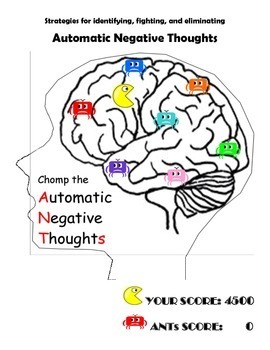
The negative core beliefs inventory: Development and psychometric properties. The development of trait greed during young adulthood: A simultaneous investigation of environmental effects and negative core beliefs. 's_early_core_beliefs/links/5c864d2a299bf1268d501dd6/Predicting-knowledge-sharing-behavior-based-on-peoples-early-core-beliefs.pdf Predicting knowledge sharing behavior based on people’s early core beliefs. You can learn more about how we ensure our content is accurate and current by reading our editorial policy.

We link primary sources - including studies, scientific references, and statistics - within each article and also list them in the resources section at the bottom of our articles. Medical News Today has strict sourcing guidelines and draws only from peer-reviewed studies, academic research institutions, and medical journals and associations. This suggests that greed might be a misdirected attempt to find love or approval through material wealth.Ī therapist may help a person work through these obstacles so they can feel fulfilled. For example, a 2022 study of young adults found that participants who displayed more greed were also more likely to hold negative core beliefs, such as that they were unlovable. Similarly, a person who sees other people as untrustworthy may see negative intentions where none exist.Ĭore beliefs can also affect personality. As such, anyone experiencing difficulty can speak with a therapist, whether they have a mental health condition or not.įor example, a person who believes they are unlovable may be less willing to date, and this may cause them to miss opportunities to meet a romantic partner. Once a person understands the role of these thoughts in their emotional pain, they can work to adjust and replace these thoughts with ones that are more reasonable, balanced, and accurate.Ĭore beliefs can have a significant impact on any aspect of a person’s life. This type of psychotherapy focuses on helping a person identify the connection among their thoughts, feelings, and behavior.ĬBT therapists encourage their clients to identify unhelpful automatic thoughts. Many therapists offer core beliefs worksheets or inventories that people can use to review common core beliefs and assess which ones they hold.Ĭore beliefs play an important role in CBT. Thoughts that are the most difficult to change or challenge often link to core beliefs. If a person finds they cannot change a belief despite having strong evidence that contradicts it, it is probably a core belief. Considering the evidence: Consider what beliefs a person has without evidence.This could help them realize that they believe they must be perfect and that this matters because if they are not perfect, they are not likable. For example, a person who worries about being late might consider what happens if they are late, what it means about them, or why it matters. Asking questions: Once a person notices a pattern in their thoughts, they can start to explore the core beliefs that underlie the thoughts.For example, a person might repeatedly have fears of being late.

After some time, review the diary to look for patterns. Focus on times of intense emotion or stress, such as following a fight with a loved one, and write down what thoughts it sparked.



 0 kommentar(er)
0 kommentar(er)
